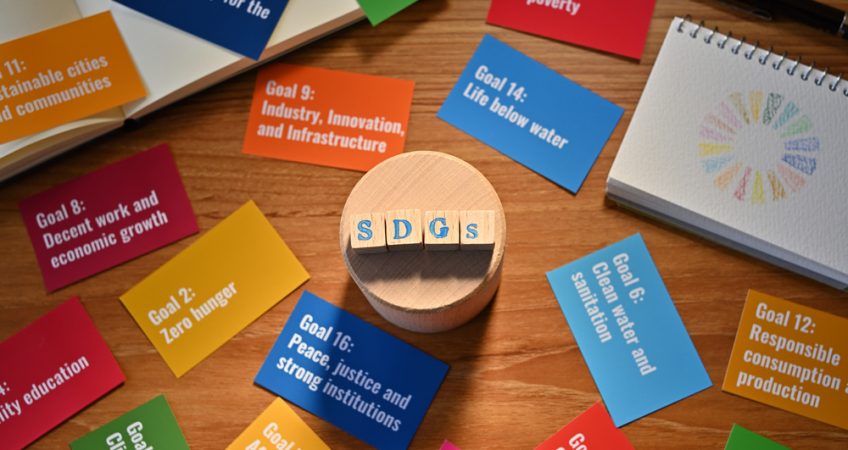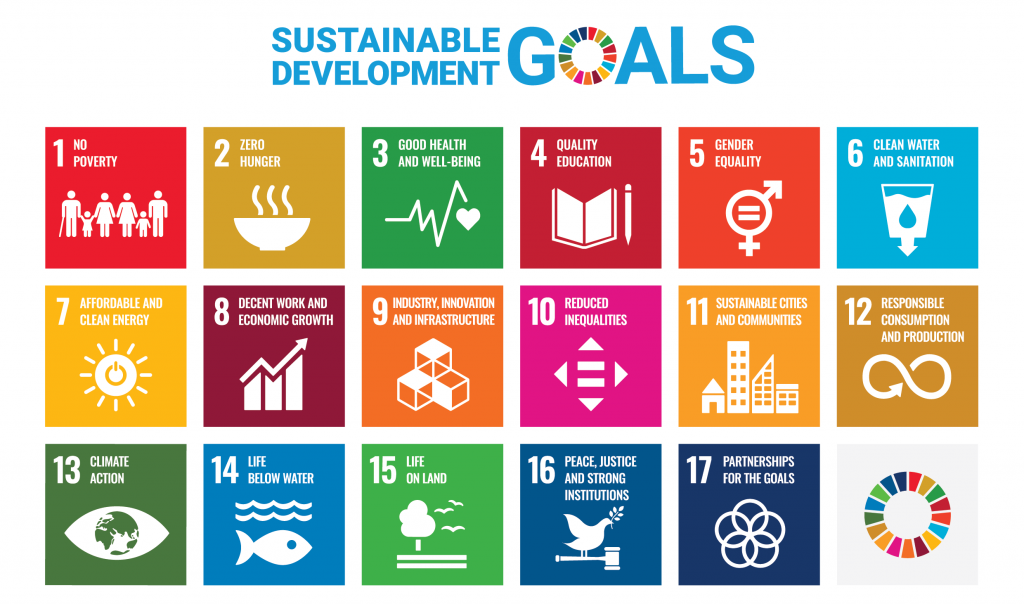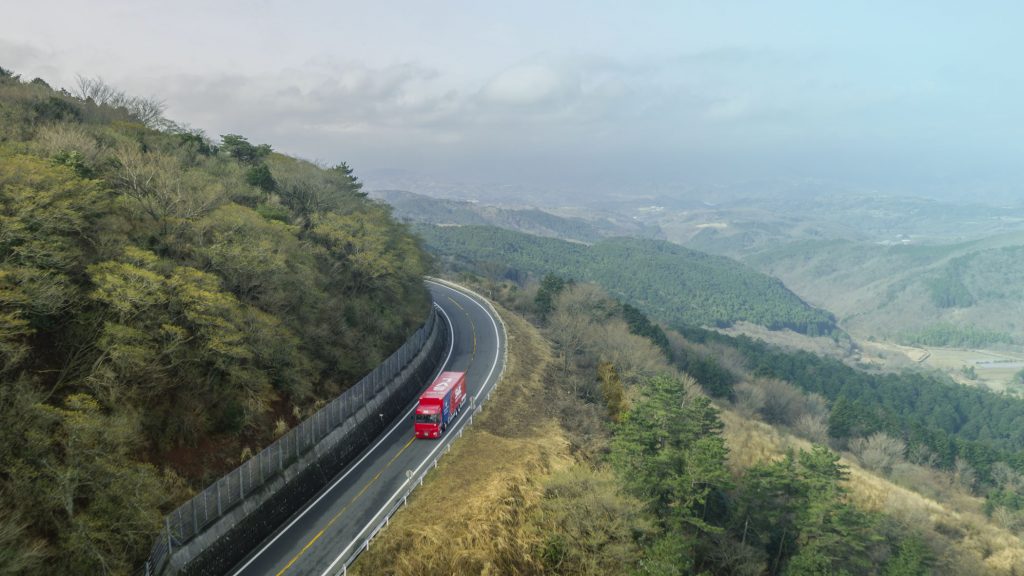
Photo: Mameraman / Shutterstock.com
We speak a lot, here at SVL, about Sustainable Development Goals (SDGs). For us, it’s not just a buzzword, it incorporates who we are as a company and our wish to be proactive in creating a better world for our employees, families, society and the world in which we live.
According to the United Nations Department of Economic and Social Affairs,
“The 2030 Agenda for Sustainable Development, adopted by all United Nations Member States in 2015, provides a shared blueprint for peace and prosperity for people and the planet, now and into the future. At its heart are the 17 Sustainable Development Goals (SDGs), which are an urgent call for action by all countries—developed and developing—in a global partnership. They recognize that ending poverty and other deprivations must go hand-in-hand with strategies that improve health and education, reduce inequality, and spur economic growth – all while tackling climate change and working to preserve our oceans and forests.”
These 17 goals are as follows:

It all started in 1992 when 178 countries adopted Agenda 21, at the Earth Summit in Rio, which is a comprehensive plan to build and strengthen a partnership for sustainable development to improve humanity and protect the environment. Why are the 2015 SDGs radical in terms of our daily lives and for a planet we would aim to pass on to our children and future societies?
According to a report from the University of Manchester, there are two major reasons why they are considered to be so progressive and revolutionary. The first is that:
“the 17 SDGs are ‘universal, indivisible and interlinked,’ explicitly applying to ‘developed and developing countries alike.’ There are targets on income inequality, financial regulation, labour rights, food waste, fossil fuel subsidies, and sustainable production and consumption. These present significant challenges for industrialized countries as well as poorer countries. When the inevitable rafts of indices and rankings measuring performance are produced, who will do better in tackling inequality, obesity and sustainable production? The US or Cuba? The UK or Costa Rica? Japan or Kenya?”
Carl Death, Aug 2015 (Senior Lecturer in International Political Economy)
And the second is that these SDGs pose a serious challenge to the universal vision of the nature of development. The notion of ‘development’ here is all-encompassing. The SDGs target climate change, sustainable production and consumption and the preservation of the oceans and forests and to defend the rights of nature and the rights of individuals.

As a logistics business, SVL takes these goals very seriously. It remains crucial to our business model and central ethos that we challenge the status quo and apathy which has stigmatized many previous generations. SVL aims to lead example, teach and work with our employees and colleagues, clients and partners to make the world in which we inhabit a better and safer place—one in which we are all, ultimately, equal.

